As you know we are a registered NDIS provider with experience in assessment and treatment to help a person with a disability gain independence, increase mobility and improve their wellbeing
Did you know Capacity Building funding can come from your participants NDIS package and are in addition to core support funding.
NDIS states:“Capacity building supports are those that help you to maintain your independence and skill building.”
Capacity Building categories can be found here:
About Empower Healthcare
We Change Lives
Changing lives is what we do. Delivering high quality allied health services is how we do it.
Founded in 2016 by two people who were determined to improve the standards of allied health services in residential aged care. With industry knowledge and an innovative approach, Adam and Matthew set about defining what allied health services can be when quality and person-centred care is placed before all else in healthcare.
The partnership, that merged clinical expertise with business acumen, soon established Empower Healthcare as a leading provider of quality physiotherapy services in residential aged care facilities in Victoria. This success fueled the expansion of our services within residential aged care, home care and NDIS to deliver occupational therapy, physiotherapy, nursing, podiatry, dietetics, osteopathy, massage and speech pathology.
Now offering comprehensive allied health services with more than 180 dedicated and passionate clinicians working in Victoria, Western Australia, New South Wales and Queensland. Empower Healthcare is growing and taking our unique approach with us.
A lot has changed over the years but not our commitment to the highest quality care, delivered by expert clinicians, aimed at improving the independence and quality of life of our clients. Helping our clients live their lives the way they want to.
Simply click on the image below for our referral form.
…






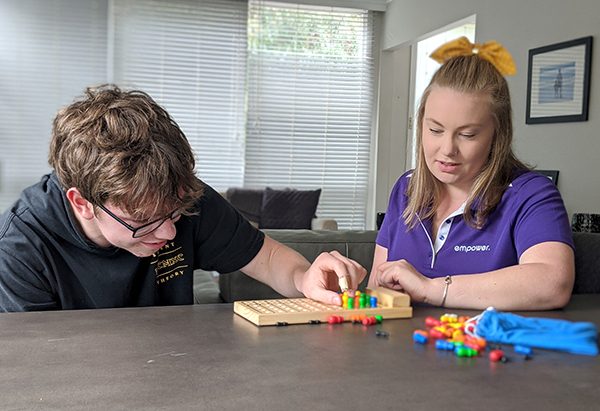
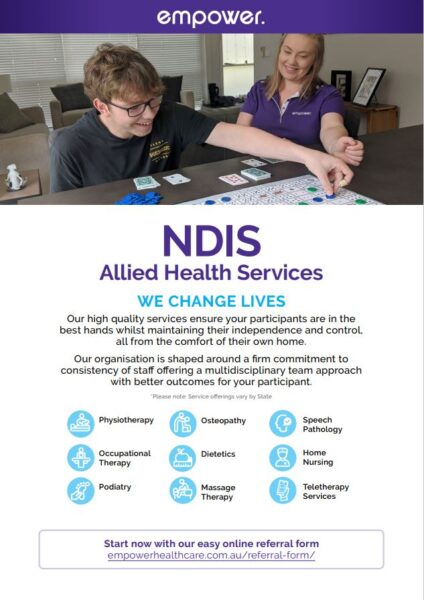


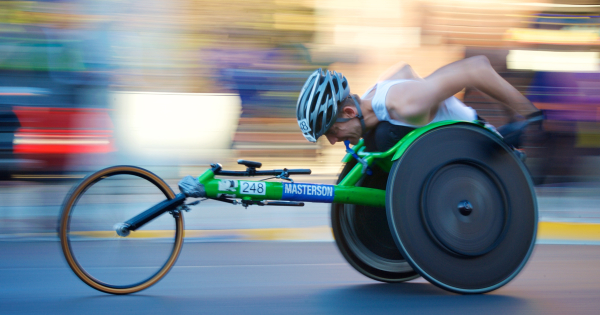
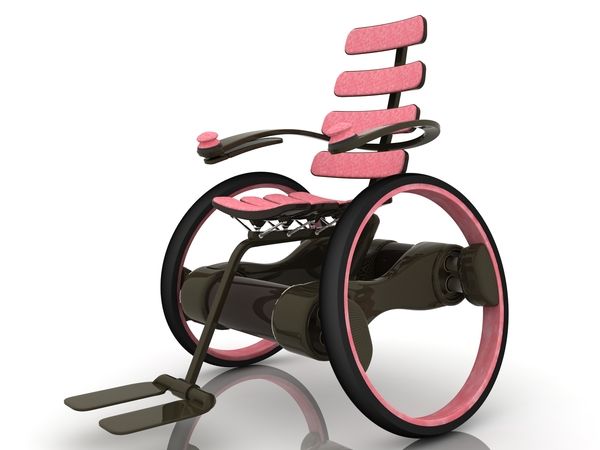
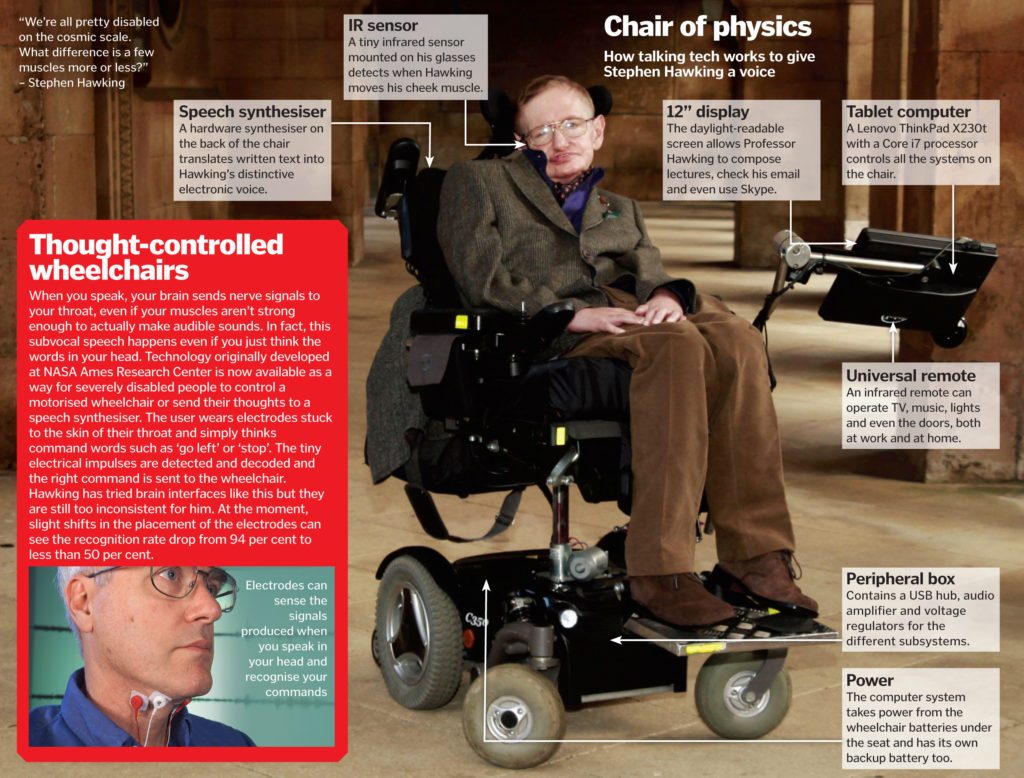

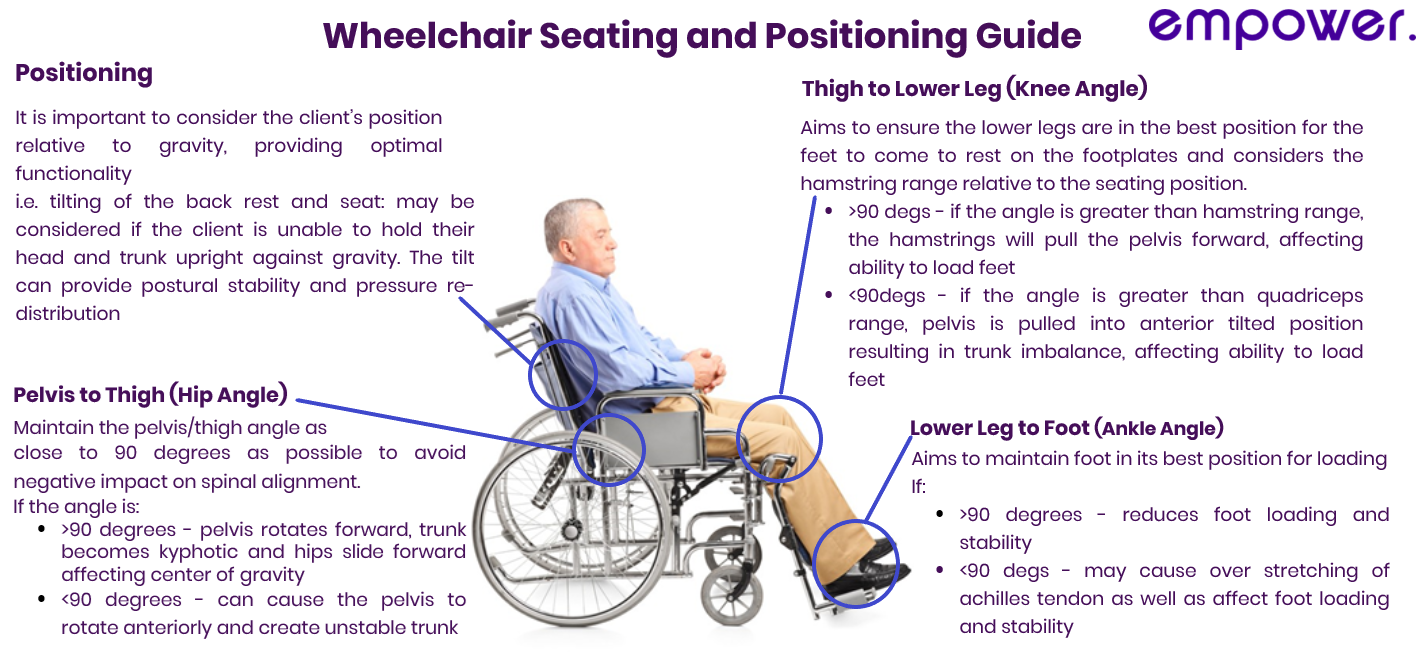 …
…